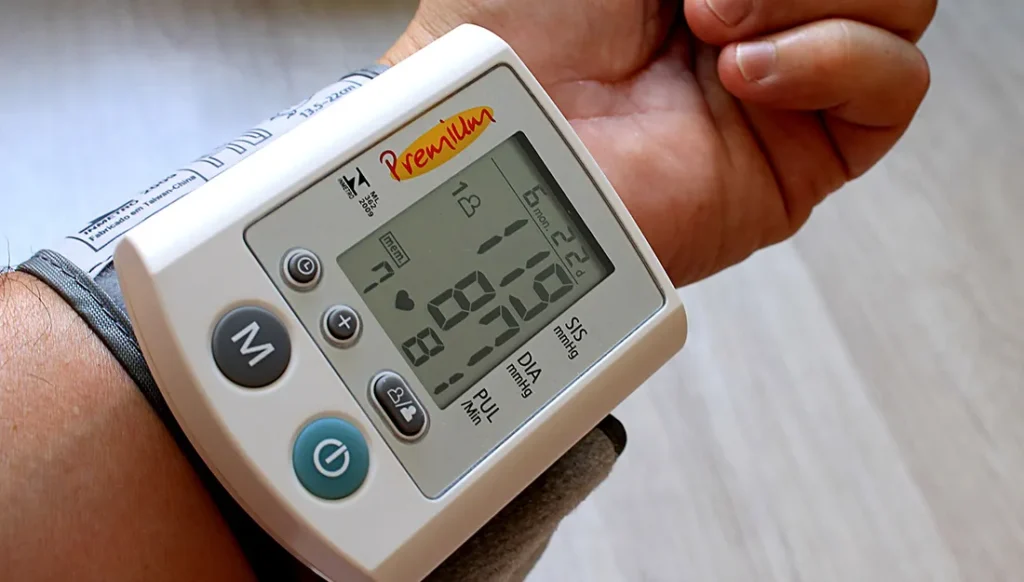High Blood Pressure Treatment
6am - midnight, 7 days a week
Accessible from anywhere in Australia.
eScript in minutes
Medication delivery
What is High Blood Pressure?
High blood pressure, also known as hypertension, is a condition in which the force of blood against artery walls is consistently too high. Over time, this can lead to serious health problems, including heart disease, stroke, and kidney failure. Blood pressure is measured in systolic and diastolic numbers, with normal readings being around 120/80 mmHg


High Blood Pressure Symptoms
Hypertension is often called the “silent killer” because it may not cause noticeable symptoms until complications arise. Some people may experience:
- Headaches
- Dizziness
- Blurred vision
- Chest pain
- Shortness of breath
- Nosebleeds (in severe cases)
High Blood Pressure Symptoms
- Causes: Risk factors include genetics, obesity, high salt intake, lack of exercise, smoking, excessive alcohol use, and chronic stress.
- Dangers: Uncontrolled hypertension increases the risk of heart attack, stroke, aneurysm, and organ damage.
- Complications: Long term high blood pressure can lead to heart failure, kidney disease, vision loss, and cognitive decline.
Managing high blood pressure through regular checkups, lifestyle adjustments, and prescribed treatments can significantly reduce the risk of severe health complications. Consult a healthcare provider for personalised treatment and monitoring.

How EasyScripts Works
Fast access to specialists, telehealth, and online prescriptions.
Frequently
Asked Questions
Blood pressure is the force exerted by circulating blood against the walls of your arteries. It is measured using two numbers: systolic pressure, which is the force when the heart contracts, and diastolic pressure, which is the force when the heart relaxes between beats. Blood pressure readings are given in millimeters of mercury (mmHg), such as 120/80 mmHg. Maintaining a healthy blood pressure is crucial for overall cardiovascular health.
Normal blood pressure is typically defined as a reading below 120/80 mmHg. Elevated blood pressure ranges between 120/80 mmHg and 129/80 mmHg, while hypertension is diagnosed when readings consistently reach 130/80 mmHg or higher. Regular monitoring is essential, as high blood pressure often has no noticeable symptoms.
High blood pressure, or hypertension, places extra strain on the heart and blood vessels, increasing the risk of heart disease, stroke, kidney damage, and other health issues. Over time, it can also lead to complications such as vision problems and cognitive decline. Early detection and management are critical to preventing long-term damage.
Treatment for high blood pressure often involves a combination of lifestyle changes and medication. Lifestyle modifications include eating a balanced diet low in salt, maintaining a healthy weight, exercising regularly, and reducing stress. Medications, such as diuretics, ACE inhibitors, or calcium channel blockers, may be prescribed to help lower blood pressure effectively.
High blood pressure is often referred to as the “silent killer” because it typically has no symptoms. In some cases, individuals with extremely high readings may experience headaches, shortness of breath, or nosebleeds, but these are not common. Regular blood pressure checks are the only reliable way to detect hypertension.
High blood pressure can result from a variety of factors, including genetics, an unhealthy diet, physical inactivity, excessive alcohol consumption, and stress. Chronic conditions like kidney disease, diabetes, and hormonal disorders can also contribute. Sometimes, no identifiable cause is found, a condition known as primary hypertension.
Preventing high blood pressure often involves adopting a healthy lifestyle. Eating a diet rich in fruits, vegetables, whole grains, and low-fat dairy products, along with regular physical activity, can significantly reduce the risk. Limiting salt and alcohol intake, avoiding tobacco, managing stress, and maintaining a healthy weight also play key roles.


